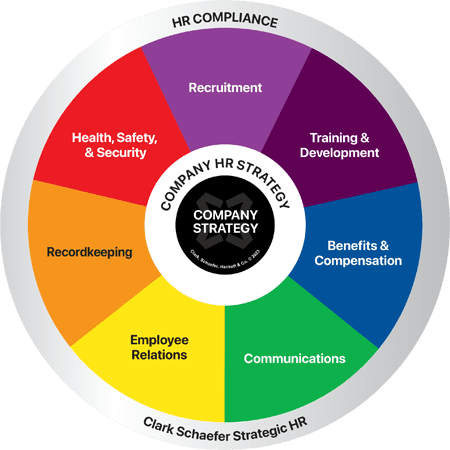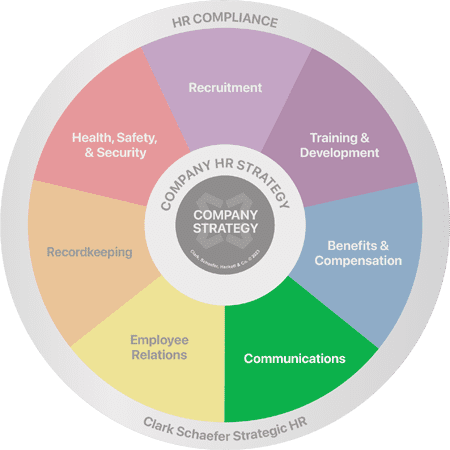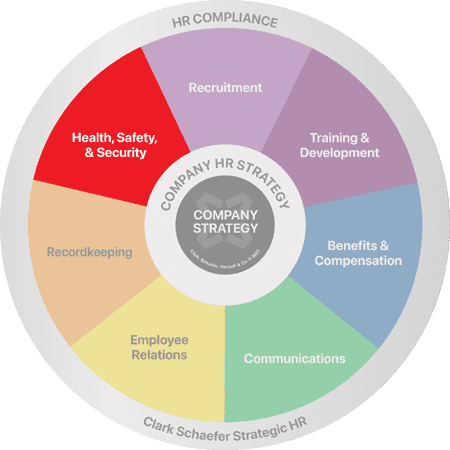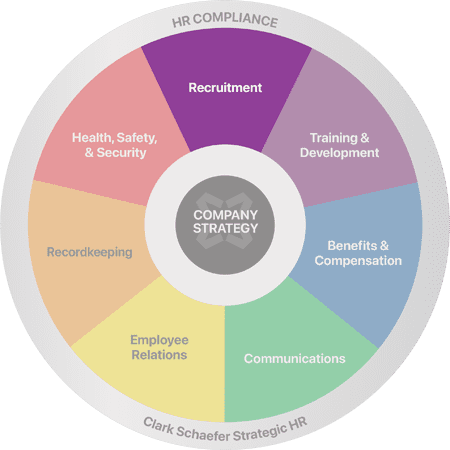Leader vs. Manager
Last Updated on November 2, 2022 / HR Strategy
Question:
What is the difference between a Leader and a Manager?
Answer:
According to Peter Drucker, “Management is doing things right; Leadership is doing things the right way”.
For an organization to achieve strong results, both leadership and management need to be present. Management allows for leadership, and leadership invites development as people stretch toward the new vision and its inherent possibilities.
Many wrongly assume that leaders are somehow “better” than managers or that managers should try to be leaders. Both have their value in an organization. In many companies, employees who master the management responsibilities in a given role are seen as promising candidates for the next level, especially if they offer ideas and strategic suggestions beyond their area of responsibility. However, leadership is not simply an advanced form of management. Often when a promotion comes, a difficult transition process begins when the newly promoted employee must prove value and competency at the next level. To do so, the new leader must let go of managing the very processes and functions on which his or her reputation had been established.
It is extremely beneficial if organizations recognize the challenges of building a strong leadership pipeline. Understand that leadership is not simply an advanced form of management — they are actually separate skill sets, actions, behaviors, and competencies.
Although some people are predisposed to being either a leader or a manager, that’s not to say that an employee can’t acquire the skills to be one or the other. The following are some examples of personality traits and qualities that make leaders and managers predisposed to be one or the other.
LEADERSHIP TRAITS MANAGEMENT TRAITS
Big Picture / Detail Oriented
Strategic / Tactical
Vision, Strategy, Execution / Goals, Projects, Tasks
Effectiveness / Efficiency
Forge Vision / Follow Vision
Right Brain-Lateral Thinking / Left Brain-Linear Thinking
People-focused / Task-focused
Internal Frame of Reference / External Frame of Reference
Intuitive / Sensing
Visionary, Dreamer, Romantic / Level-headed, Realistic, Practical
HR Strategy often involves thinking ahead to the future and making plans for the growth and development of key players. Strategic HR understands the balance between company strategy and people strategy and can assist you with both. Not only do we have the expertise to help you develop a strategic plan for your company, but we also have resources to help you develop your people leaders. Visit our HR Strategy page to learn how we can assist you with your company strategy OR visit our Career Coaching page to learn more about leadership development.







